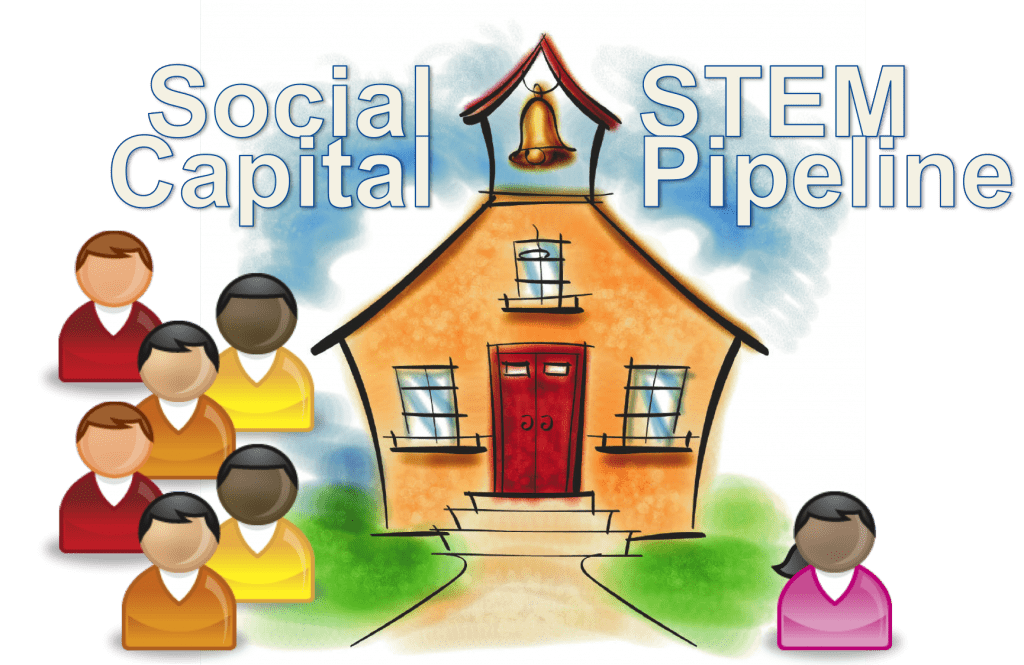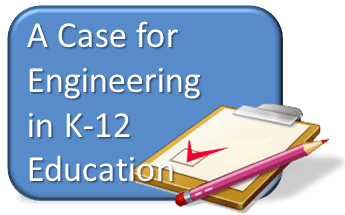Technovation: Globally Empowering Young Women to be Entrepreneurs
Do you care about increasing the participation of women in STEM? Check out this great program now it it’s 5th year. Technovation is the global technology entrepreneurship program for girls, with over 1,300 alumnae from 19 countries. Middle school, high school, and university students research, design, build, and launch a mobile app prototype through a […]
What is Social Capital?
When we think of capital, we typically think immediately about money. Entrepreneurs seek Venture Capitalists to provide money to get their product or idea off the starting blocks and into the races. The valued resource in this example is purely financial, or economic, and this is just one dimension of what “capital” really means. For […]
Uncomfortable: Implications of Race, Class & Gender for the Classroom


No matter how comfortable I am sitting here at my desk overlooking the Caribbean sea, what I did not expect is how uncomfortable I would be when I leave the home I have made for myself here. Read about how I am experiencing race, gender, and class in a new way, and consider the implications for your classroom.
Skipping the Holidays: A Social Experiment


What would happen if you skipped every “American” holiday from Halloween to Easter? I am not certain, but I realize I have ventured into what I am calling a social experiment. I am living in a rural coastal village in the southeast of Puerto Rico. My home for the last month and coming six months, […]
Influence of Social Capital on the STEM Pipeline


The STEM pipeline is a national imperative, and this essay examines the theory of social capital, as described in Nan Lin’s book, Social Capital: A Theory of Social Structure and Action, and aims to provide a new perspective by extrapolating the potential influence social capital has on the STEM pipeline, specifically women and engineering, from K-12, to university, and into industry.
“I made it in engineering without help. They will too.” There is a problem, and They do need help!


“I made it in engineering without help. If these young women are meant to be engineers, they will too,” explained a female High School Engineering teacher. I nearly fell out of my chair when I heard this woman utter these words after I asked how she recruited and retained young women into her classes. Assuming […]
A Case for Engineering in K-12


In order to meet the forecasted demands for U.S. Labor in technical areas that require scientific and mathematical training, it is imperative that educators and students begin to understand STEM professions and the role of engineers. By advocating science and math in a more holistic, inclusive and social context, more students will develop confidence in these subjects and be prepared to pursue a career in engineering. This article is useful for parents, educators, counselors, and administrators.

